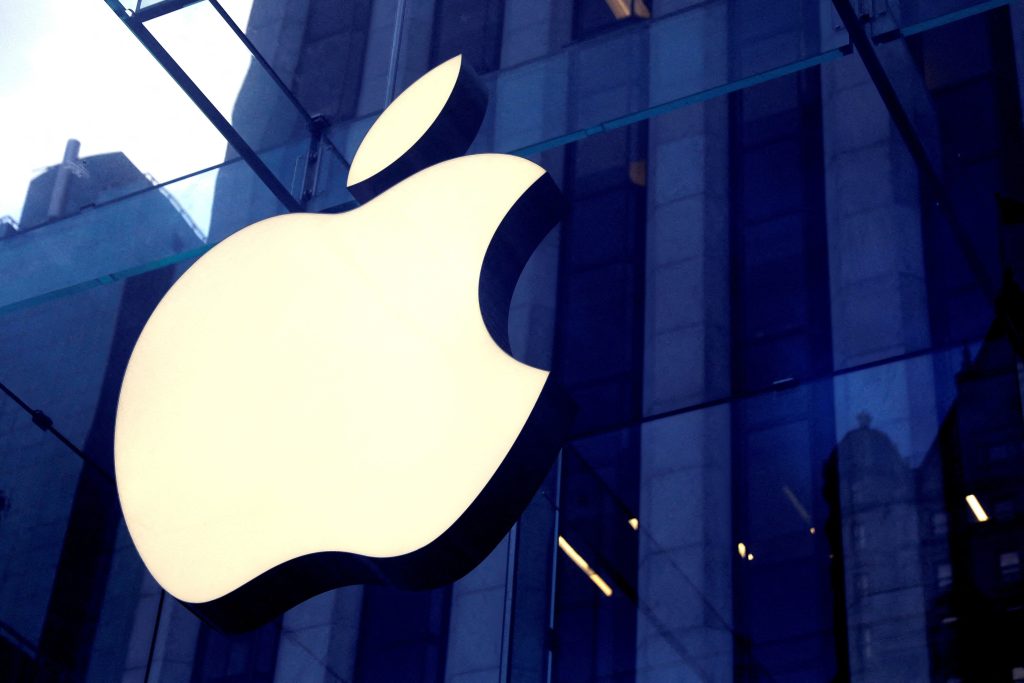How could the Apple tax windfall be spent in Ireland?
4 min read
In Ireland, the political landscape is heating up ahead of the general election, scheduled for Friday. One of the key talking points among the major parties is the significant windfall from Apple, following a ruling by the EU’s highest court in September. The court ordered Ireland to collect over €14bn (£11.8bn) in back taxes and interest from Apple, concluding that the tech giant had benefited from an illegal tax deal. This windfall presents the government with an opportunity to address pressing issues, and parties are making promises on how to allocate the funds to improve the country’s infrastructure and public services.
Housing Crisis
One of the most significant challenges facing Ireland today is the cost and availability of housing. The housing crisis continues to dominate political discourse, with many parties promising that the Apple tax windfall will be used to address this issue.
Fianna Fáil, the largest party in Ireland, has committed to allocating €4bn (£3.3bn) of the Apple funds to social and affordable housing. Additionally, they propose dedicating another €2bn (£1.7bn) to create a “Towns Investment Fund” that will focus on upgrading infrastructure and opening up serviced sites for housing development. The aim is to ease the pressure on the housing market, which has seen soaring prices and growing demand.
Their coalition partner, Fine Gael, also prioritizes housing and has pledged to direct more than half of the Apple money to addressing the housing crisis. Sinn Féin, the largest opposition party, is taking a more ambitious approach by proposing €7.6bn (£6.3bn) for a public housing program. The party also plans to allocate €1bn (£830m) to a redress scheme for homeowners whose properties suffer from defects due to substandard building materials, offering a much-needed lifeline for those impacted by the country’s housing woes.
The Labour Party, another potential coalition partner, has proposed creating a state-owned construction company, to be funded with €6bn (£5bn) from the Apple windfall. This initiative is intended to provide a permanent state capacity for delivering housing and move away from the current for-profit model of construction.
Public Transport Investment
Public transport is another area where parties are looking to make a significant impact. The Green Party, currently the junior partner in the coalition government, has outlined plans to invest €7bn (£5.8bn) of the Apple funds, in addition to €3bn (£2.5bn) from other one-off funds, to “supercharge” public transport infrastructure. Their focus includes expanding Dublin’s tram and light rail networks, reopening the railway line from Wexford to Waterford, and upgrading rail lines to Limerick and Kilkenny. This ambitious plan aims to tackle congestion, improve air quality, and create a more sustainable transport system.
Fianna Fáil has committed to allocating €3.6bn (£3bn) to improve the country’s transport networks, with particular focus on addressing regional connectivity and expanding public transport options. Fine Gael also shares the priority of enhancing transport infrastructure, though it has not specified the exact amount of Apple windfall funds for this purpose.
Energy and Utilities
Energy infrastructure is another critical area for investment. Fine Gael has prioritized improving the electricity grid, including €2.5bn (£2.1bn) for the grid’s expansion to accommodate renewable energy generation. Additionally, €3bn (£2.5bn) would be allocated to improving Ireland’s water system, which is vital for supporting housing projects and ensuring sustainable access to clean water.
Sinn Féin, meanwhile, plans to invest €2.5bn (£2.1bn) in energy, particularly for renewable energy projects. The party envisions a new renewable energy investment fund, allowing the state to invest alongside private companies in green projects. By drawing on the success of Norway’s state investment fund, which has acquired stakes in renewable projects across Europe, Sinn Féin hopes to bolster Ireland’s energy independence and green credentials.
Community and Regional Development
Both Fianna Fáil and Sinn Féin have proposed significant investments in community and regional development. Fianna Fáil’s Towns Investment Fund would focus not only on housing but also on creating new public parks, sports facilities, and revitalizing town centers by unlocking disused industrial sites. This plan aims to foster balanced regional development, addressing the needs of communities that have long been neglected.
Sinn Féin has committed to creating a €1bn (£830m) Community Investment Fund, which would target working-class communities that have been left behind by the current government. The fund would focus on enhancing public spaces, arts centers, sports facilities, and childcare services, helping to improve the quality of life for those in disadvantaged areas.
Conclusion
As Ireland heads into its general election, the debate over how to spend the Apple tax windfall is central to the political conversation. The parties are aligning their proposals with their respective priorities, from addressing the housing crisis to investing in public transport, energy, and community development. While there is a shared focus on improving infrastructure, each party has its own vision of how best to use the windfall to tackle Ireland’s most pressing social and economic challenges. The outcome of the election will determine which approach gets the green light and shapes Ireland’s future development.








